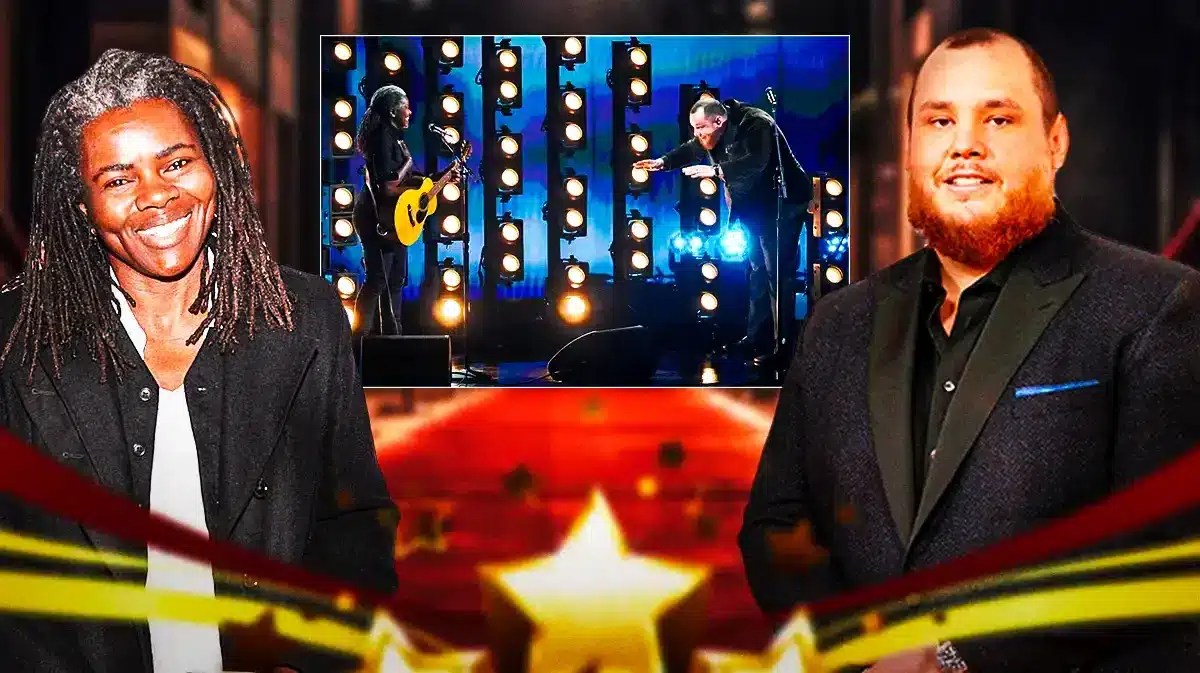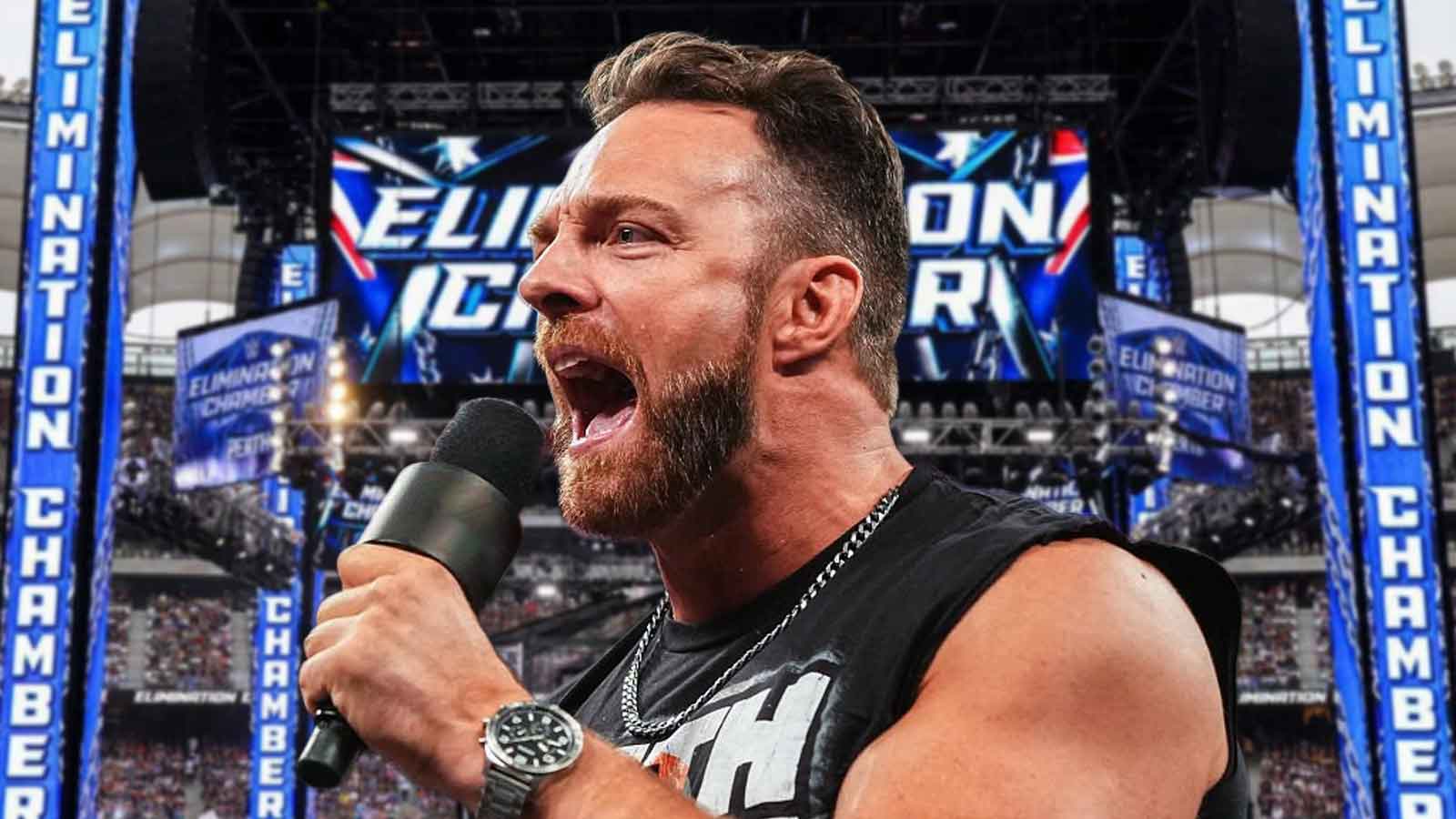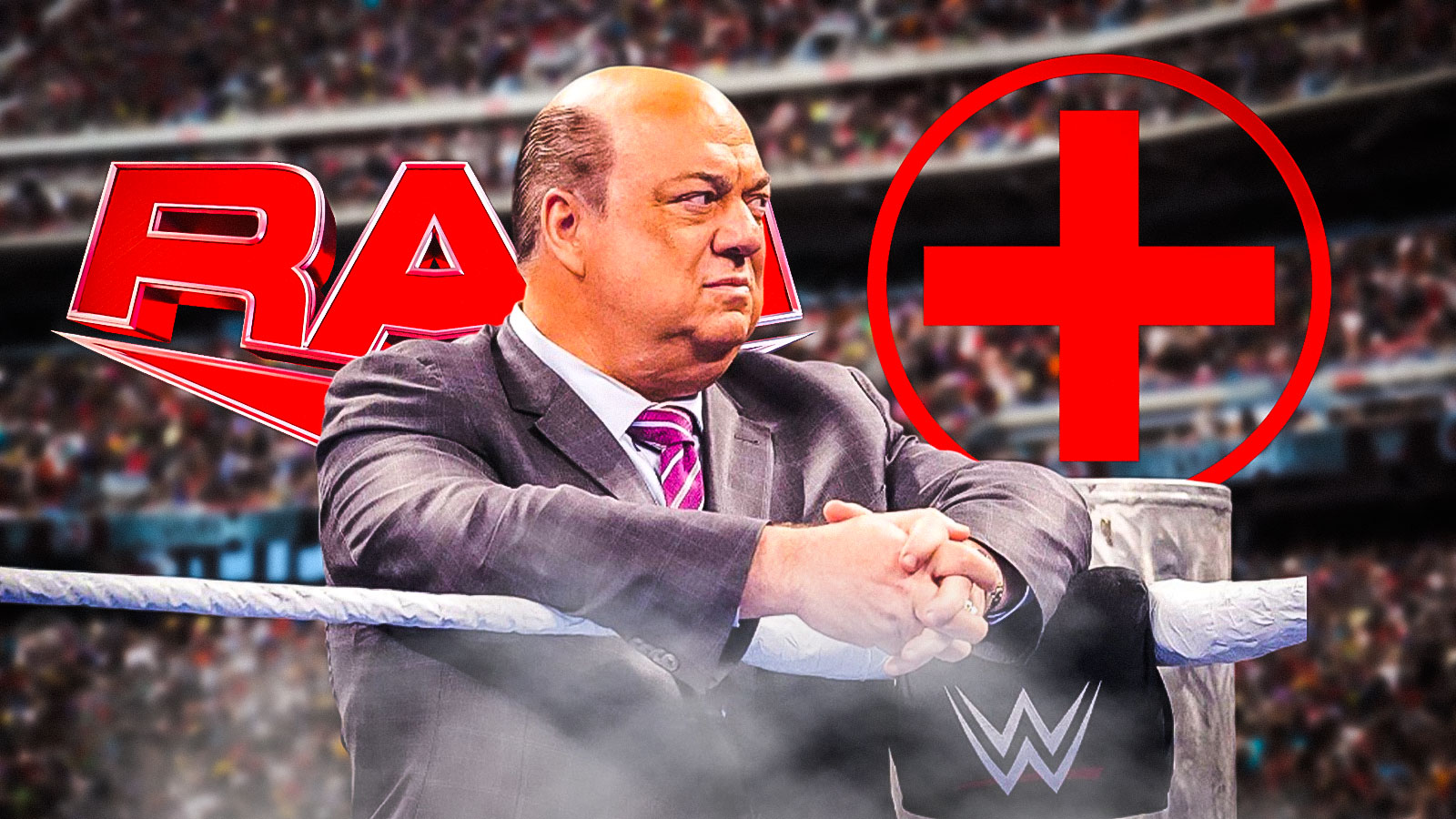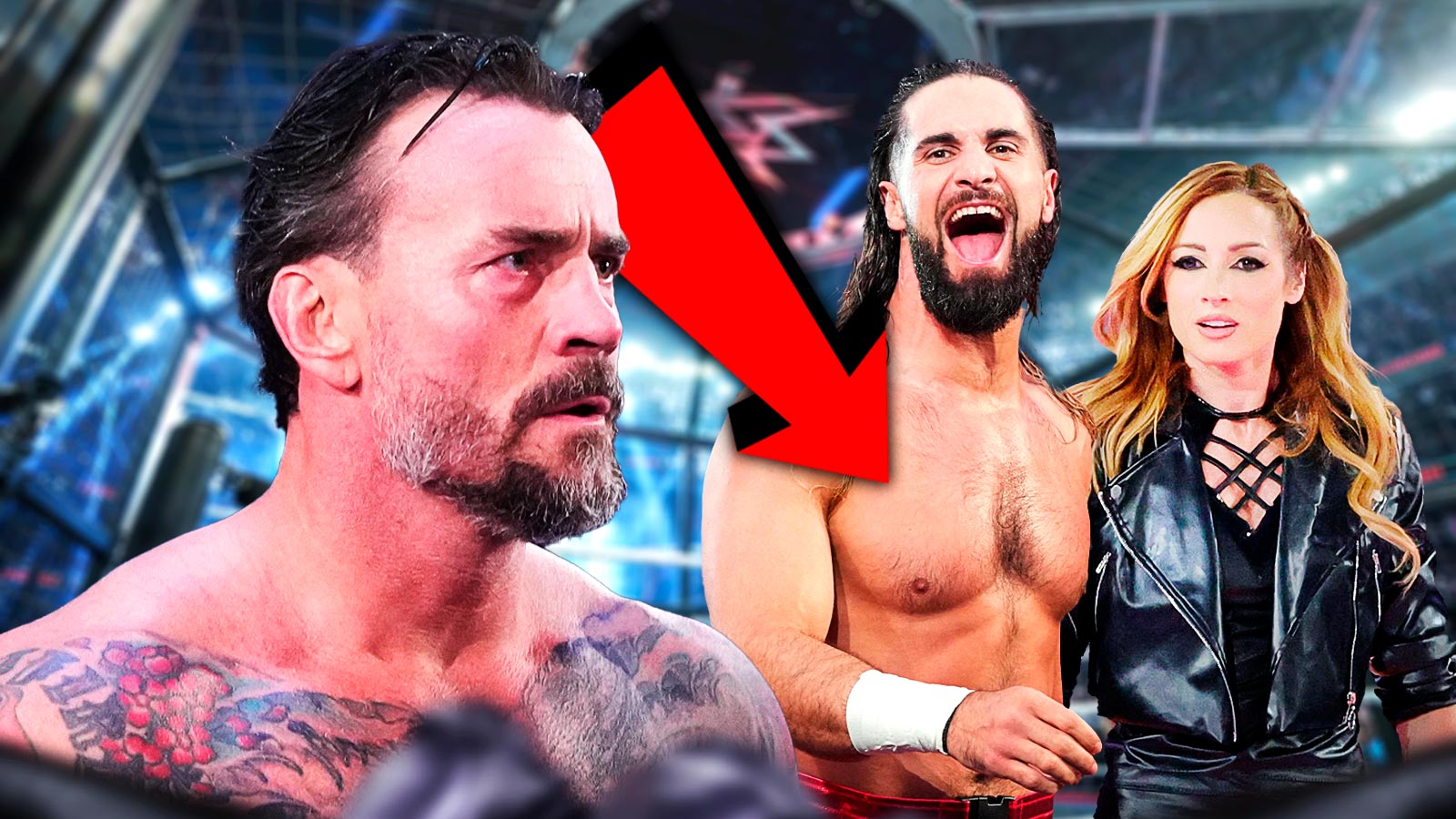To say that Tracy Chapman and Luke Combs' heartfelt performance of Chapman's 1988 folk classic ‘Fast Car' at the 2024 Grammys caused all the feels would be an understatement. One of the highlights of the show, the duet was a beautifully orchestrated moment of unity and offers hope for inclusivity for the future of country music.
The reverence Luke Combs showed for Tracy Chapman on stage and the graciousness she has exhibited in supporting Combs' cover of her seminal work represents a potential moment of positive change in Nashville — this, like so many other scenes in our divisive culture, could have been clouded in divisiveness and controversy, but the artists rose above that to create something meaningful and memorable.
When Combs' addition of his cover of Chapman's ‘Fast Car' on his latest album “Gettin' Old” catapulted to Number 1 on the Billboard Country Airplay chart, it generated a discussion about race and prejudice, since Tracy Chapman — a Black queer woman — never would have been played on country music stations without Combs' embracing of the song.
She could easily have acknowledged this in her reaction to the cover's success, but instead released the following statement of support to Billboard back in July: “I never expected to find myself on the country charts, but I’m honored to be there. I’m happy for Luke and his success and grateful that new fans have found and embraced ‘Fast Car.'”
Combs has shown a similarly classy path to this moment, frequently citing how much respect and reverence he has for Chapman as an artist, and how indebted he is to her for the cover's success. Combs infamously courted controversy a few years ago when old pictures surfaced of him with Confederate flag imagery.
Combs, a 33 year old country singer from North Carolina, didn't deny or try to sidestep the painful truth — he made a concerted effort to confront what he had done.
“There’s no excuse for those images,” Combs said at the time they were uncovered. He professed to being young and ignorant about what the flag stood for at the time the images were taken, adding “I am now aware of how painful that image can be to someone else.”
“I would never want to be associated with something that brings so much hurt to someone else,” Combs continued.
An AP article about the controversy at the time further notes that Combs “wanted to show as a highly visible country artist that people can change and learn from their mistakes. He also wanted to encourage more people in the country music industry to have those hard conversations.”
His performance with Chapman at the Grammys seems to have furthered some of those goals.
In an opinion piece published today in the New York Times, columnist Lydia Polgreen admits she at first didn't understand why Combs had covered Chapman's ‘Fast Car' so closely without reinventing it in more of his own signature style.
But after watching the performance at the Grammys, Polgreen gained a greater understanding of Combs' methodology. “Watching Combs last night, all but trembling as he harmonized with an artist he clearly idolized, I came to appreciate what he had been up to…”
She continued, “Combs seems to have known that unlike white artists who have absorbed, reinterpreted and profited from Black music throughout American history, he had nothing to add but his wholehearted endorsement.”
“There was no mistaking who owned that song on that stage,” Polgreen continued. “And so at the end of his performance he genuflected to Chapman, who received a rapturous ovation.”
Ultimately, it's too soon to say whether Luke Combs‘ performance of ‘Fast Car' with his idol Tracy Chapman at the 2024 Grammys will lead to a true moment of racial reckoning and increased inclusivity for country music, but it was certainly a step in the right direction.




















